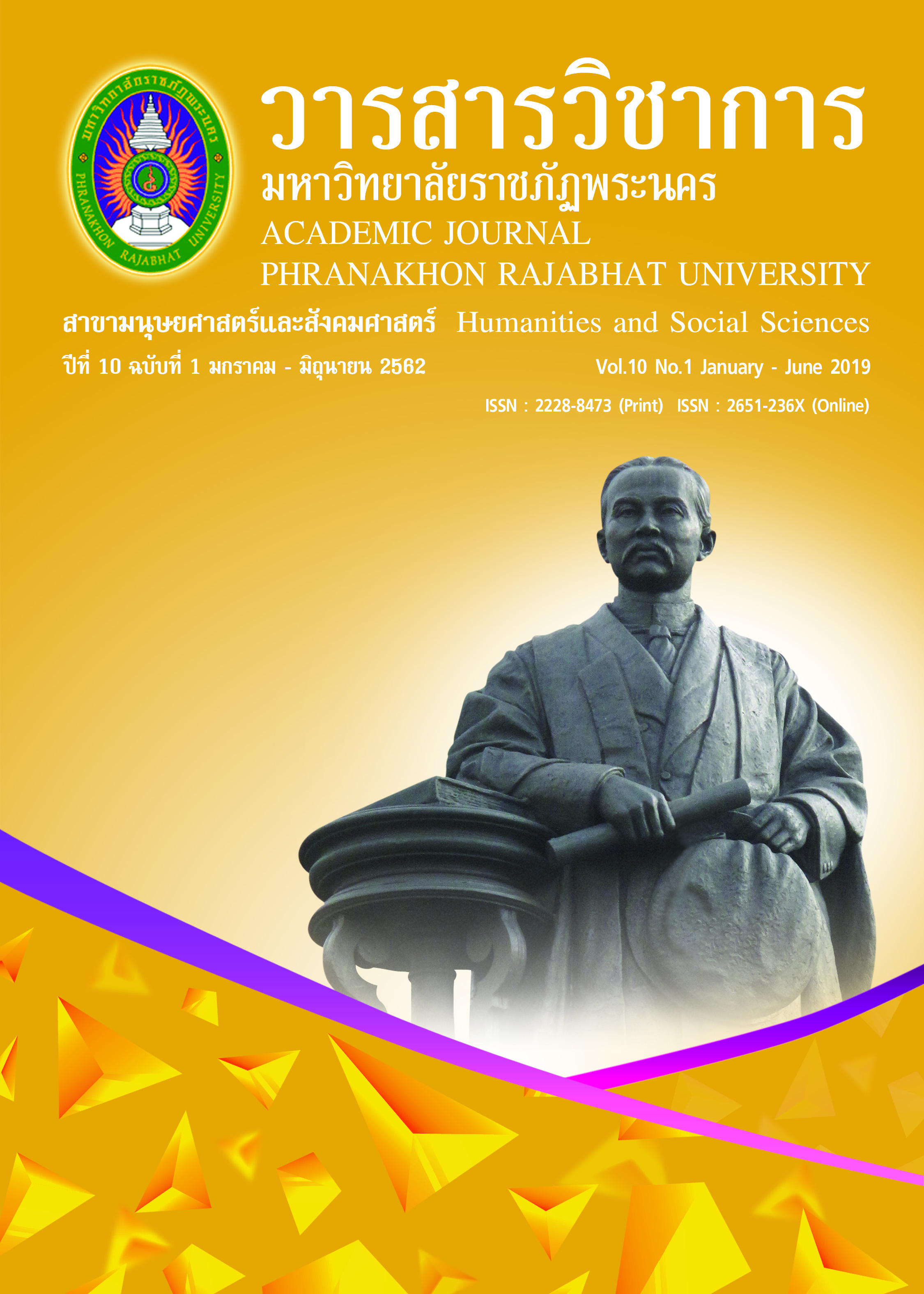CONSTRUCTIVISM APPROACH IN MATHEMATICS TEACHING
Keywords:
Teaching Mathematics, ConstructivismAbstract
Mathematics is an important subject that help develop human mind to think reasonably and systematically. Mathematical thinking framework can thoroughly analyze problems and their contexts, offering good plan as well as forecasting for solving everyday problems. Furthermore, Mathematics is a vital tool to do great Science as well as many other disciplines. Hence, Mathematics can help improve quality living and promotes happy co-working experience. Nonetheless, teaching Mathematics in school has not yet been so effective in which class presentation is mainly applied in the teaching, inducing rote learning instead of promoting critical and analytical thinking skills in Mathematics. To make the matter worse, most students tend to be weary in Math class. Teachers must demote the rote learning way of teaching and seriously adopt analytical thinking while promoting students’ self-exploration to find knowledge. Constructivism is a way that can encourage students to perform self-study in the attempt to construct their knowledge based on social experience. The Constructivist Learning stages are questioning themselves to the situation created, problem solving planning, investigation, reflection their knowledge, knowledge sharing, drawing conclusion of what they have learned. The Constructivist Learning helps learning practice especially developing various skills needed in 21st century, such as analytical thinking and problem solving, creation, collaboration skill, communication, information technology, learning skill and calculation skill. Although constructivism fosters systematic thinking, teachers must be aware of the underlying variation of ages and learning skills. When the students are ready to construct their own understanding in Mathematics, they will be happy and understand the true purpose of Mathematics.
References
Boonyasiri, Preeya. (2012). How to teach Students to Love Science. Teaching Strategies for Elementary School.
Bangkok: Aksorn Samphan Press (1987) Co.,Ltd.
Jakkam, F. (2016). Theories of Learning and Teaching Mathematics. Retrieved March 10, 2018, from https://prezi.com/Iktsq_tpyakg/presentation/
Khaemmni, T. (2011). Knowledge Construction of Teaching: Knowledge for Managing Process of Teaching efficiently. Bangkok: Chulalongkorn University Press. (in Thai)
National Institute of Educational Testing Service (Public Organization). (2017). Announcement of Ordinary National Education Test of Grade 6 Students in Academic Year 2016. Retrieved March 10, 2018,www.niets.or.th (in Thai)
Office of the Basic Education Commission, Ministry of Education. (2017). Indicators and Learning Area of Mathematics (Revised Edition A.D.2017) on the Basic Core Curriculum B.E.2551 (A.D.2008). Bangkok: Printing Agricultural
Co-operative Federation of Thailand. (in Thai)
Ozarka, C. (2016). Teaching Mathematics in the 21st Century: Changing the Focus from Calculations to Critical Thinking. Retrieved March 30, 2018, from https:// blog. learningbird.com
Plangprasopchok, S., Yeeka, S. & Chancharoon, A. (2008). The Opinion of the Mathematics Teachers, from the North East of Thailand, attending the Mathematics Project Course. Retrieved March, 8, 2018, from noykang. Blogspot.com/ 2008/ 02/ blog-post.html. (in Thai)
Ruechaipanit, W. (2017). Teaching Mathematics in the 21 St Century. Retrieved March 8, 2018, from https://blog.eduzones.com (in Thai)
Yaowiwat, M. (2013). Mathematics Curriculum Development (Primary Grades) The Better magazine. Ipst magazine. 41(180), 19. (in Thai)
Downloads
Published
How to Cite
Issue
Section
License
"บทความวิชาการในวารสารฉบับนี้ ถือเป็นความรับผิดชอบของผู้เขียนเท่านั้น"
สงวนลิขสิทธิ์ตามพระราชบัญญัติลิขสิทธิ์




